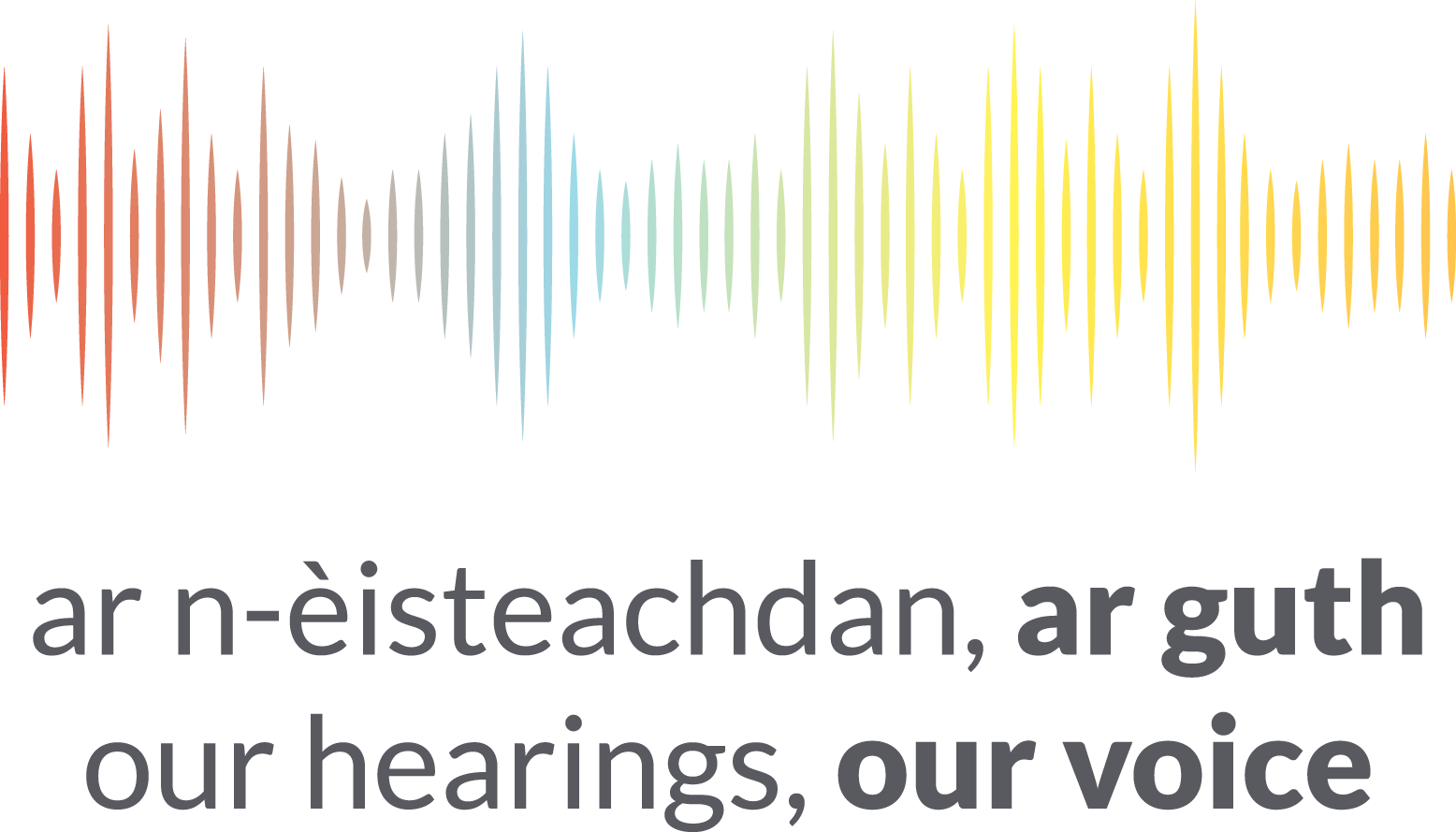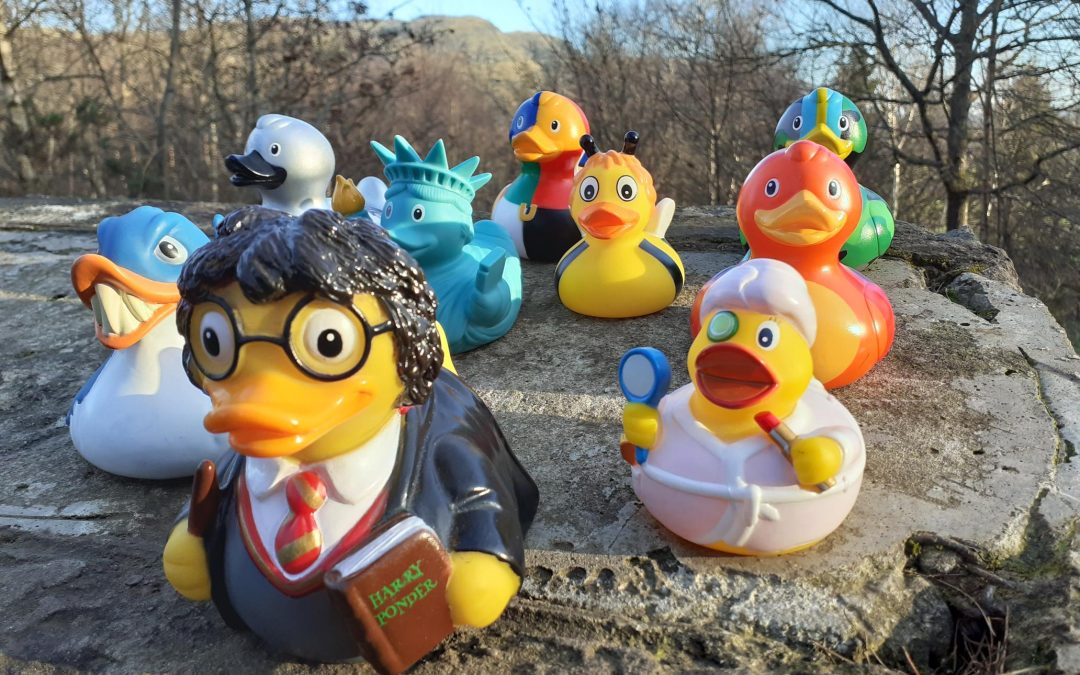Our Hearings, Our Voice Board Members helped launch the Language Leaders principles yesterday.
OHOV Board Members have played a key role in this exciting piece of work which aims to make sure that all children and young people who attend Hearings are supported to understand and be included by transforming the use of written and spoken language.
The Language Leaders also aim to avoid additional distress and traumatisation for children and young people.
The group which is backed by the Children’s Hearings Improvement Partnership (CHIP), launched their principles at the Scottish Children’s Reporter Administration’s staff conference in Perth yesterday (Wednesday 13 September).
The principles are:
- Words will be personalised to meet the individual needs of the child, including taking account of the child’s own wishes and use of language
- All language used will be clear, easy to understand and will support children to be involved in decision making
- Reports, letters and discussions will reflect the strengths and positives in children’s lives, ensuring they are balanced against any challenges and risks
- Only language which is non-stigmatising and protects children from blame or distress will be used
OHOV Board Member Ciara told delegates at the conference: “Children and young people need to experience spoken and written language that is clear, easy to understand, engaging, and designed for children and young people, not adults.
“Language also applies to how we are supported to share our views, listened to and really heard. This is about delivering on our rights, not an abstract or luxury add on!”
Fellow Board Member Achilles added: “The right kind of language can support us all to thrive and to get to the most positive places in life. If we include the right language, it will also help the whole system get us there. This is about transformational change.”
Of course, the hard work doesn’t finish with a launch. Language Leaders are continuing to work with organisations and those responsible for reform across children’s care and the Children’s Hearings System, to explore how they use language in every part of their work. This will include how they write to children, what language (including legal terms) are used in meetings and Hearings, and so much more.
For more information and to keep up with developments relating to this work, check here on our website.

